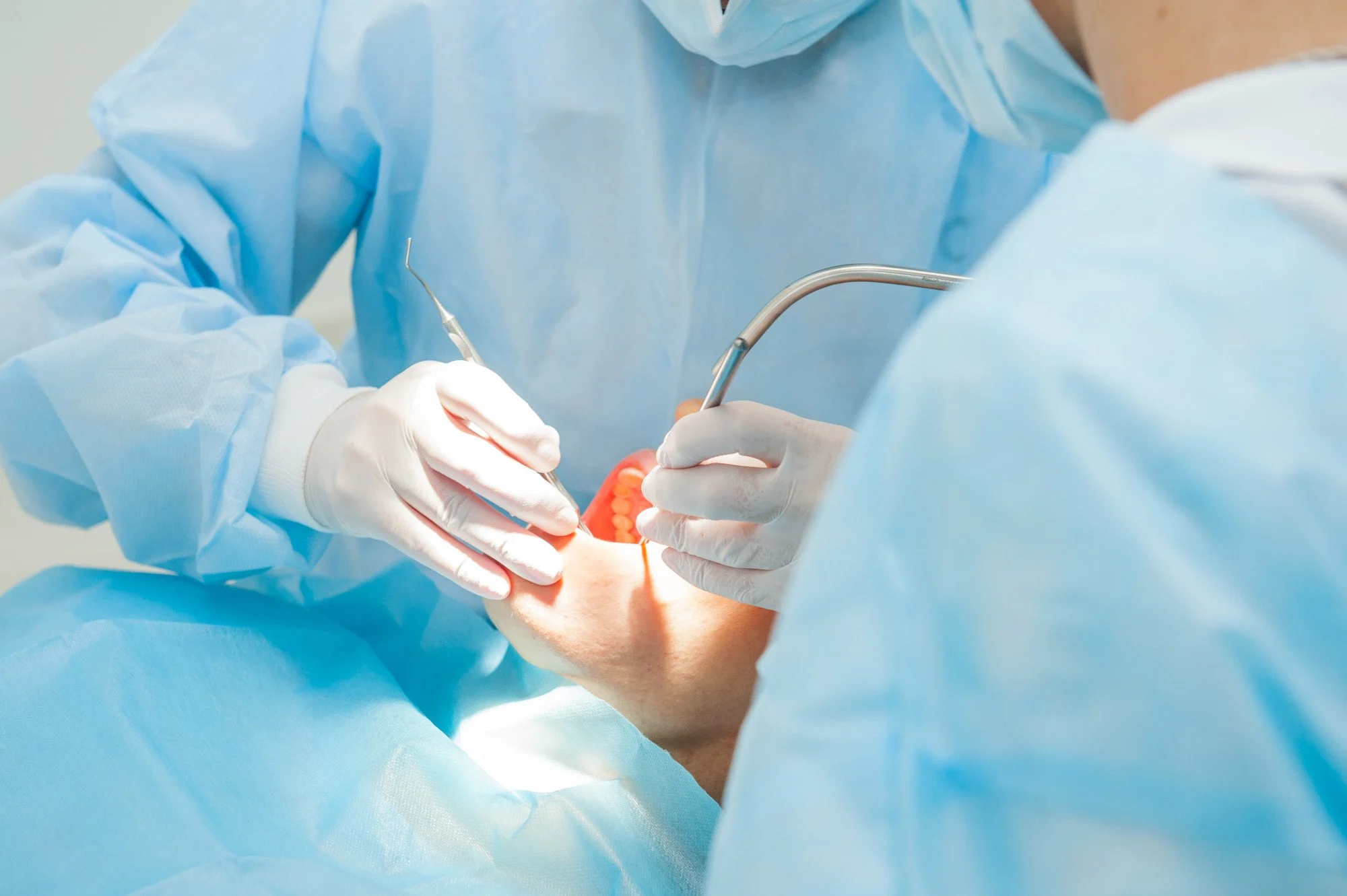Many people neglect to see the dentist because they’re terrified of needles. They want the medicine they need to improve. Still, they’d rather skivvy away and leave their issue untreated than be stuck with a shot.
If you’re facing oral surgery, it’s well worth knowing what a patient’s guide to recovery is. After all, you need to get dental surgery at some point to fix the tooth or teeth.
Knowing what to expect will ensure you don’t panic during surgery or when it’s done. Keep reading to learn about the average oral surgery recovery time.
Immediate Postoperative Period
The immediate postoperative period is an integral part of oral surgery recovery time. After your oral surgery, it is normal to experience some discomfort, swelling, and bleeding.
You should apply ice packs to the outside of the face to reduce swelling, and you should eat a soft diet to reduce the amount of pressure on the surgical area. You must not rinse vigorously or perform strenuous activity in this period following surgery.
Days 2 to 7
During this time, dressings should remain in place, and you should keep all pain and swelling at a manageable level with the help of over-the-counter meds or as prescribed by a doctor. Additionally, you should not disturb or touch the area where the surgery occurred, and patients should not brush near the surgery site.
You should maintain proper oral care through the gentle use of a toothbrush elsewhere in the mouth and with the help of mouthwash. At this stage, patients should feel improvement in swelling and pain.
To get the best results, make sure to talk to your dentist about tooth extraction oral surgery before making a decision.
Days 8 to 14
During this time, the patient needs to follow all the instructions the oral surgeon gives. Eating will be uncomfortable as the area may still be swollen or sore. A soft food diet is recommended until day 14.
If any unusual symptoms occur, such as heavy bleeding, infection, extreme pain, or fever, the patient should contact the oral surgeon immediately. The patient should be completely healed after 14 days with proper rest and healing.
Week 3 to 4
When the swelling and pain from the surgery start to subside, stitches, if any, are typically removed, and you are likely to feel more energy. You should stabilize your nutritional intake at this point in the healing timeline.
You may resume light physical activities such as walking or light exercises. Yet, it’s important to note that you should still avoid any contact sport. Also, note that your oral surgeon may ask for a follow-up appointment to investigate your progress after this period.
Week 5 and Beyond
You may resume brushing and flossing the surgical area during week five and beyond with caution. You should also take dental care to ensure that they do not overwork the area. You may continue eating, with notice to ensure that you don’t consume hard, crunchy, or sticky foods.
You should not be surprised if you still experience swelling or soreness, which should decrease as time passes. Make sure to follow your doctor’s directions and attend scheduled follow-up appointments to ensure the site is healing.
Knowing the Oral Surgery Recovery Time
An oral surgery recovery time can vary depending on the specifics of the surgery. To maximize a positive, comfortable, and swift recovery, consult with your dentist for integrated care and follow all oral health instructions as recommended.
Talk to your dentist to understand any means of pain management to promote a safe and comfortable recovery from surgery.
Was this article helpful? Check out the rest of the updates from our blog!




